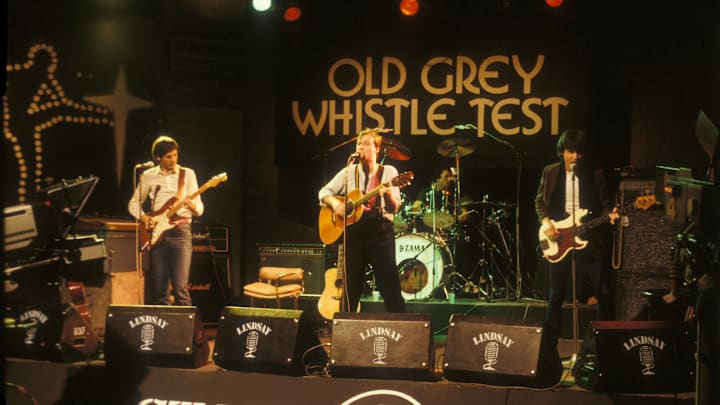If you start looking through your or anybody else’s record collection, ‘classic’ rock, pop soul, whatever, or current stuff, how many concept albums do you think you might find?
Actually, concept albums just might dominate. The moment Frank Zappa created his first Mothers of Invention album Freak Out! and Brian Wilson The Beach Boys’ Pet Sounds, the concept album in what is considered modern music got rolling. After all, cited both as inspiration to create the concept for The Beatles’ Sgt. Pepper Lonely Hearts Club Band, many consider, along with Marvin Gaye’s ‘What’s Going On’ album as key albums of all modern music.
So what would fall under concept albums, and do they have any connection to The answer to latter question would be a yes, but the discussion of that should be left for another time.
As far as definitions of concept albums go, possibly says that “a concept album is a collection of songs written by a musician or group that is based around a central theme or concept.” Such a concept can be set within the music itself, lyrics, or the theme an album covers.
Sure, this can be quite a subjective thing, but it turns out that very often this subjective criteria coincides with many other subjective ones, turning into something more concrete.
Looking to modern music albums through such glasses, and listening to them through our current set of ears, the list of concept albums can turn into ‘a long and winding road’ - from the above-mentioned to The Who’s Tommy and Quadrophenia, The Kinks’ The Village Green Preservation Society and Arthur through a series (if not most) prime prog rock albums, singer-songwriter albums to more current albums like Radiohead’s OK Computer or Taylor Swift’s The Tortured Poet's Department for that matter.
Three concept albums that prove the point
Out of the myriad of concept albums that could and should be mentioned three come to mind that just might currently be in the shadows, but definitely prove the dominance (and very often( the quality of concept albums.
The Pretty Things - S.F. Sorrow (1968)
Through this story of everyday life of an everyday British man, The Pretty Things, also presents quite an example of prime-time psychedelia at its best - from some high-quality songwriting, vocal harmonies to the point instrumental structures to the best use of psych-style studio touches.
In many ways, this album was a precursor to what prog rock brought us, and some say was in many ways an inspiration for Pete Townsend and his Tommy. Yet, the album itself, remaining a cult classic never got the full attention it deserved.
Randy Newman - Good Old Boys (1974)
A brilliant songwriter and lyricist Newman was never a stranger to running a concept through his albums, this one possibly being one of his more prominent, and for some more controversial.
The latter may be the cause for this album not getting (the rightful) attention it initially got, as Newman’s play with satire, irony and downright criticism could always press on somebody’s touchy nerves.
Yet, the quality of Newman’s overall songwriting, arrangement style and delivery could never be denied, and here is at its highest.
XTC - Skylarking (1986)
Back in 1986 Andy Partridge and the rest of XTC definitely turned away from (post) punk and new wave and switched to refining the best of prime psychedelia and with the concept running through this album in many ways uniting the concepts of Pet Sounds and Sgt. Pepper.
And while the band was not satisfied with Todd Rundgren’s initial production of the album, it remains one of their, and not only their best. Still, with all the cult backing, the one-song controversy (“Dear God”) possibly prevented it from coming to its rightful place.
